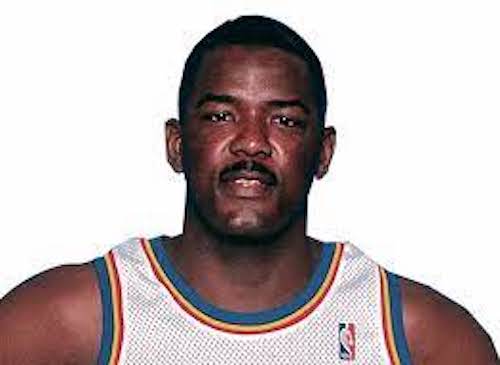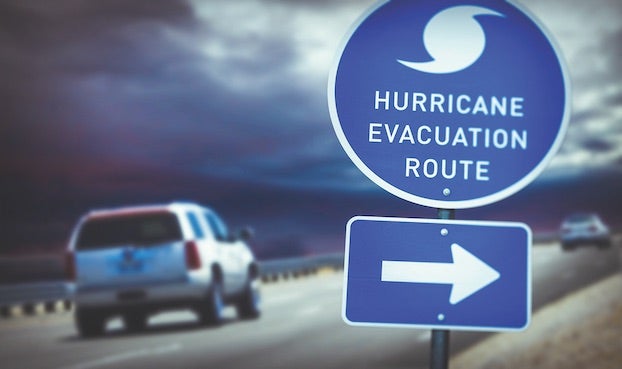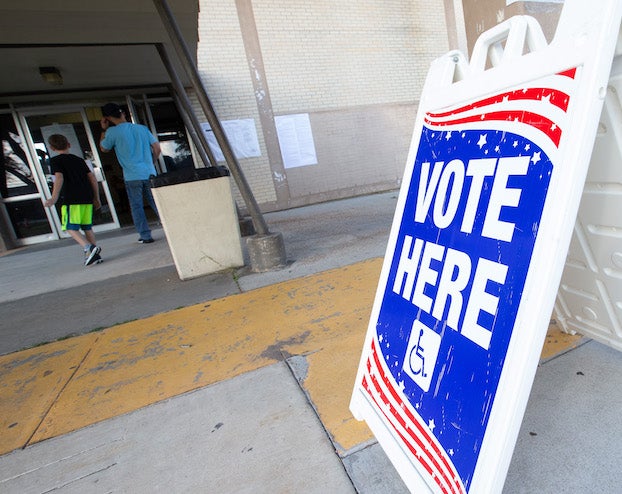Jim Beam column: Dumars ‘got it done’ — quietly
Published 7:02 am Saturday, January 7, 2023

- Joe Dumars, one of the great stars of the Detroit Pistons, was back in Lake Charles this week to see the basketball court of McNeese State University named in his honor.(Photo courtesy of the NBA.com).
Joe Dumars, one of the classiest individuals this area has known on and off the basketball court, was back in Lake Charles and at McNeese State University this week to see the basketball court at the Legacy Center named in his honor.
“Proud to be from here, proud to be from McNeese and proud of Lake Charles,” Dumars said. “You don’t do this alone. A lot of people in your life make this happen. My family’s name is here on the court, not just mine. I thank you and appreciate all that has been done for me and them.”
Those words reminded me of a column I wrote for Father’s Day on June 17, 1980. It was about Joe’s relationship with his father. Parade magazine wrote about that relationship on April 22 that year in a story titled, “The Ring Goes to My Father.”
Joe Dumars Jr., Joe’s father, died the week before June 17, and I said “the legacy he left lives on in the son and with others whose lives he touched. But more important than that, the father’s influence reaches countless thousands who know and admire the son for his achievements on and off the basketball court.”
Joe was a member of the Detroit Pistons who won the 1989 and 1990 NBA championship. He was named most valuable player in 1989. Isiah Thomas was the MVP in 1990, but an Associated Press writer paid special tribute to Dumars after the fifth and deciding 1990 game.
“Isiah Thomas was the most valuable player. Joe Dumars may have been the most valuable person,” he wrote.
“Detroit’s two MVPs — one through his brilliant play, the other through his personality and perseverance after his father’s death — led the Pistons to their second consecutive NBA title Thursday night.”
Joe had no special advantages growing up. Parade magazine said his first basketball goal was a bicycle rim hammered to a door sawed in half that was nailed to a post in the backyard of the family’s home in Natchitoches.
Although Joe’s father worked long days as the driver of an 18-wheeler, he always found time to instill a sense of human values and what it takes to succeed in life.
Joe told Parade magazine his father explained life this way: “As hard as I had it growing up, as hard as your mother had it growing up, we made it. You kids have got it great today, so don’t sit here complaining about what you don’t have and the reason this didn’t work out. Just get it done and don’t say anything about it.”
Diabetes resulted in Joe’s father losing both legs and that contributed to strokes and congestive heart failure. Joe didn’t say anything about what was going on back home, remembering what his father said about “getting it done and not saying anything.”
However, Joe said he sure wished he could “be sitting on the edge of the bathtub or in the backyard talking to Pop. Sometimes I needed that.”
Joe learned that his father had died 90 minutes before the Pistons’ third playoff game against the Portland Trail Blazers. His mother said they could delay the funeral. Joe said he would rest overnight and make a decision the next day.
“I know my father would want me to stay,” Dumars said. “I put myself in this situation. He’s gone through adversity for 2½ years and he toughed it out.”
Dumars told Parade that the best things his parents gave him were “teaching me about hard work and learning to accept things as they are.”
Joe offered his parents a new home after making it big in the NBA, but they declined. His dad said, “I tell all our (seven) children that I ain’t looking for nothing from them except that I want them to do for their offspring as I did for them …”
Detroit Pistons center Bill Laimbeer said of his teammate (Joe), “He knows what to do in every situation, both from a basketball standpoint and a life standpoint.”
Michael Jordan of the Chicago Bulls at the time said getting to know Dumars and be his friend was the highlight of his experience at the All Star weekend.
A Houston Chronicle writer referred to the two players as “Quiet Joe and Air Jordan.”
Dumars told Parade that youngsters in his home state aren’t exposed to much but he tells them they can do the same things as anybody else, “because I was one of them.”
What a great example for all of us.





